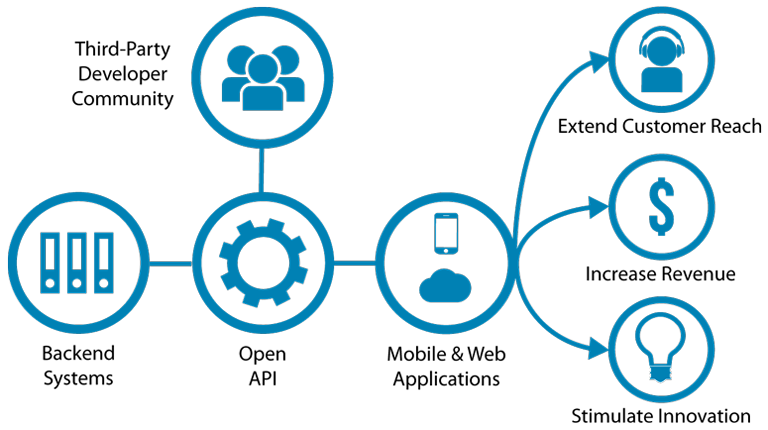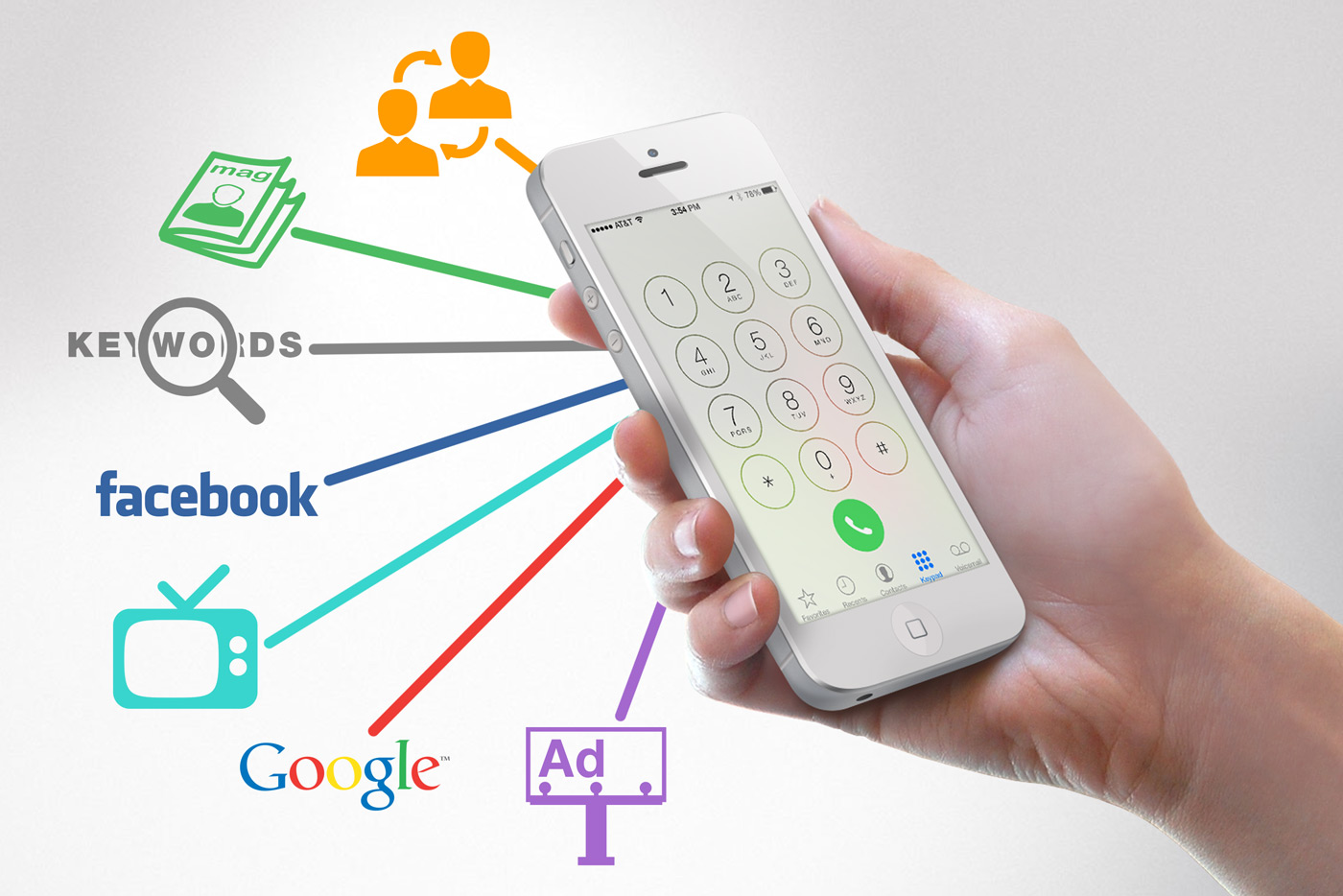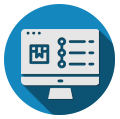Benefits of Conversion Tracking to Your Business
Many of our clients came to us first because of conversion tracking issues. Having multiple sources of leads and third-party CRM, offline campaigns and phone conversions makes conversion tracking challenging. Most digital marketing agencies will not go beyond providing support for PPC Ads conversion tracking setup for a typical ecommerce website. But high ticket sales often don't use online checkout but phone conversion, so how to go about tracking those so-called offline conversion?
Zig Ziglar
Phone conversion can now be tracked
There is a number of variables involved and a need to log all lead's activities from all channels, including offline channels on an inexpensive spreadsheet log system. Phone channel conversion use to be considered as "offline" and were not possible to track. Smartphones have allowed leads to browse and click so a tracking code can be carried from a web session to a phone call. You've probably heard of Zapier? Zapier API for high level aggregation is not cost effective.

In-house API is more scalable
An in-house API system will be much more scalable. You will need this to catch all you can before getting to a formula that gives you the best possible compromise in conversion tracking. Nothing is ever perfect but you need all the data you can get. Remember that due to multiple user devices often used by leads and clients, it's not always possible to have the complete lifecycle of a lead. Therefore we fallback to existing models or models from which we have historical data worth considering for a change of strategy.
Cross-channel tracking is possible
In a best case scenario for conversion tracking and metadata aggregation of a client's lifecycle, the lead will only use one device. A smartphone or computer. Unfortunately it's often not as straightforward and the information chain will be broken due to the multiple devices being used blocking the tracking.
Cross-device (or cross-channel) tracking is only possible when a lead is logged in on multiple device or with a custom API integration that looks at common unique identifier over multiple systems. A common example for high ticket sales is a call center tracking software with website integration through Dynamic Number Insertion. This allows to aggregate web sessions with phone call ID's.




PPC tracking troubleshooting
Tracking is mostly being troubleshooted for conversion tracking on PPC ads campaign. Google ads and Facebook Ads have their own code snippet for tracking. There are instances where these are not performing well by either not tracking sessions or more common storing duplicated conversions. Browser extensions such as Adblock Plus will compromise the tracking of a website.
There are workaround solutions using URL parameters being passed through but these are never 100% failsafe. In that case we have to fallback to traditional MODELS to get a starting point or fill up gaps. These traditional marketing principles have become more important than ever.

We create data centric custom systems
Understanding the general client lifecycle of an account with existing client models is the most important aspect in understanding the success (or failure) of a campaign. Our agency only handles 1 or 2 account at a time and only in the outbuilding construction industry. We understand well the outbuilding construction models and will use your current models to develop data centric custom systems following your goals and challenges.
We don’t reinvent the wheel, we just optimize better by setting up the right tracking to collect new data.
High ticket purchases closes better on the phone. Most post & beam construction companies with website product configurators have to get on a call with clients at some point. Retargeting by SMS the configuration or just eluding and creating a point of contact other than email increases website KPI.
Advantages of tracking conversion
Conversion tracking helps you better understand how your customers engage with your business and take desirable actions, whether signing up for a newsletter or making a purchase.
A conversion is a customer action aligned with the goals of your marketing or advertising campaigns.
Conversion tracking is the monitoring of conversions to assess the success of your campaigns.
Tracking conversions can maximize your ROI, inform your budget, identify improvement areas and distinguish clicks from conversions.


What is conversion tracking?
Conversion tracking is the monitoring of conversions, or of consumer actions that move your company closer to fulfilling a preset goal. These actions can include a customer buying an item, adding something to their cart, opening your emails, clicking on links, landing pages, and more. The metrics tracked indicate how well your company’s marketing efforts, whether email marketing or social media advertising, are achieving the desired outcome with your target audience.
Understanding conversion tracking
Conversion tracking works by putting numbers to your marketing campaigns’ results. Through conversion tracking, you’ll learn how many people in your audience are contacting your company, subscribing to your mailing list or buying your products. Conversion tracking is most commonly used in advertising and email marketing campaigns, though you can apply it to any campaign involving clickable links that direct your audience toward a desired end goal.
Try our Boom-o-Rang Text Messaging/AI System

CONVERSION TRACKING

DIGITAL MARKETING TRACKING

GOOGLE ADS

GOOGLE ANALYTICS

PPC MANAGEMENT
You may also like...
Improving Sales Through Call Tracking and Analytics
Improving Sales Through Call Tracking and Analytics Beyond the basic caller ID information a call center gets from an inbound call, there are a number of ...
How to Attract Customers Through Local Phone Numbers
How to Attract Customers Through Local Phone NumbersIn a recent survey, outbuilding construction companies consumer ...
Benefits of Conversion Tracking to Your Business
Benefits of Conversion Tracking to Your BusinessMany of our clients came to us first because of conversion tracking ...





